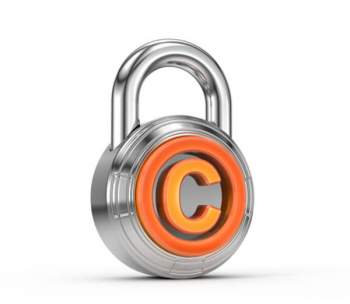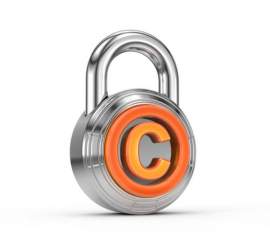
Duration of Copyright

Popular In Copyright
Copyright Law Copyright Infringements What Is Copyright Legal Consequences Of Plagiarism Copyright Free Image Florida Prepaid Postsecondary Education Expense Board V College Savings Bank Famous Cases Of Copyright Law Copyright A Book Library Of Congress Copyright Copyright Laws For Motion Pictures Copyright Infringement Punishment Copyright Symbol
The duration of a copyright depends on many factors. New laws have been set in place in the last few decades that have changed the duration of copyright protection. There have been several law provisions for copyrighted works. For works that were published from 1909 to 1921, the copyright length was only 28 years from the date of publication. The copyright could then be renewed on the 28th year for an additional 28 years. For works published between 1922 through 1963, the copyright term was 28 years from date of publication, though the renewal length was for an additional 67 years. Works from 1964 to 1978 had a 28 year term from date of publication, with an automatic renewal of 67 years.
Today's laws state that any copyright created after January 1, 1978 will have a copyright protection of 70 years after the author's death. If a copyrighted work has a joint ownership, the work is protected for the life of the surviving author plus 70 years. For works that were made for hire (created by an employee, owned by an employer), the copyrighted work is protected for 95 years from the first publication or 120 years after its creation. The one that applies is the period which is the lesser of the two. This rule also applies to anonymous or pseudonymous works.
Interest in Obtaining Copyrights
The U.S. Copyright Office maintains current living statuses of all authors who have registered works with the Agency. Any person interested in obtaining copyrights may consult with the United States Office of Copyrights to determine the status of the author who created them. They will then be given the date of the author's death or a statement that the author is still living. The interested party will then give reasoning for obtaining the information and his or her identification.
Interested parties may also use copyrighted work under the presumption that the author of the work is dead, even when records do not indicate so. This can only be done after 95 years after the first publication of a work or 120 years after its creation (whichever expires first). The elapsing of such a length of time can provide for the safe assumption that the author has already passed.
NEXT: Exclusive Rights Explained





















